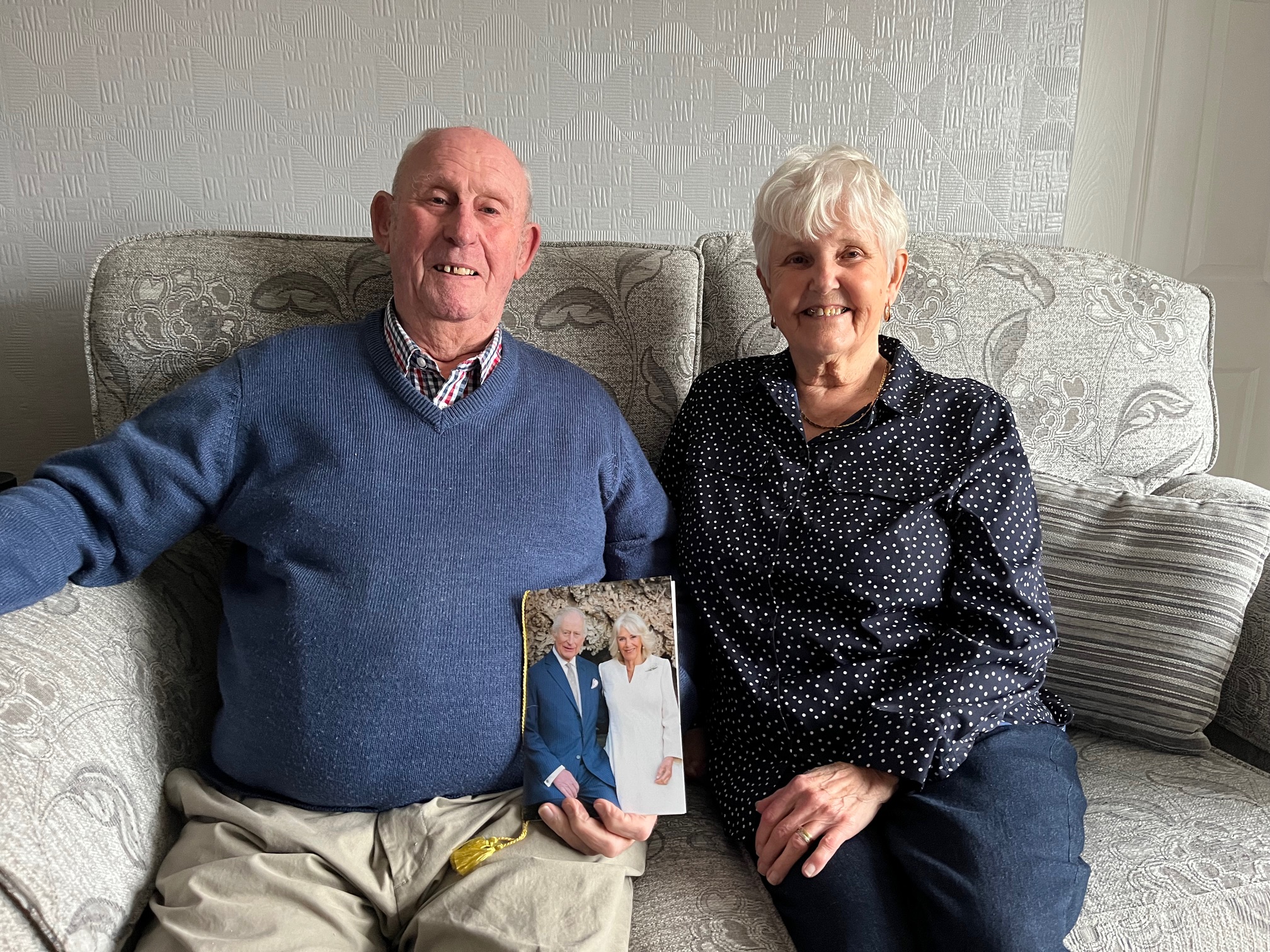Older people in England are being left “high and dry” by councils cutting back on the care they provide, Age UK says.
Research by the charity showed the numbers getting help had fallen from just over one million three years ago to 850,000 last year.
Age UK said the cuts were one of the major causes behind the growing pressures on A&E units.
But councils said they had been left with little choice because they were “chronically underfunded”.
The overall cut in numbers getting help from councils represents a drop of one-fifth.
But the research – based on an analysis of official figures – also provided a detailed breakdown of which individual services had been cut.
It found between 2010-11 and 2013-14:
- The numbers getting help at home for tasks such as washing and dressing fell by a third to just over 370,000
- Day care places have dropped by two-thirds to just under 60,000.
- The numbers getting meals on wheels fell to 29,500 – a decline of 64 per cent.
Age UK director Caroline Abrahams said: “Our state-funded social care system is in calamitous, quite rapid decline.
“The more preventive services like meals on wheels and day care are being especially hard hit, leaving the system increasingly the preserve of older people in the most acute need, storing up big problems for the future.
“Hundreds of thousands of older people who need social care are being left high and dry.
“The lucky ones have sufficient funds to buy in some support, or can rely on the goodwill of family, neighbours and friends. But there are many who are being left to struggle on entirely alone.”
Previous research by the charity has shown there are nearly 900,000 people who do not get any help for their care needs.
“Until recently the impact of the decline in social care has been relatively hidden, but social care is a crucial pressure valve for the NHS and the evidence of what happens when it is too weak to fulfil that function is clear for us all to see,” Ms Abrahams added.
Over the past three months waiting times in A&E units have reached their worst level for a decade with hospitals reporting they are experiencing particular problems trying to discharge old and frail patients because of the lack of support available in the community.
Izzi Seccombe, of the Local Government Association, said the system was “chronically underfunded”.
“Councils have protected our most vulnerable people as far as possible, often at the expense of other services, and we will continue to prioritise those most in need.
“However, the combined pressures of insufficient funding, growing demand, escalating costs and a 40 per cent cut to local government budgets across this parliament mean that despite councils’ best efforts they are having to make tough decisions about the care services they can provide.”
But a Department of Health spokeswoman said the April launch of the Better Care Fund – a £5.3bn pot predominantly funded from the NHS to encourage greater integration between health and care – would help.
“We know we need to work differently to respond to our growing ageing population.”
She added the fund would “focus resources on helping people to live independently, which will save money and reduce unnecessary hospital admissions”.






